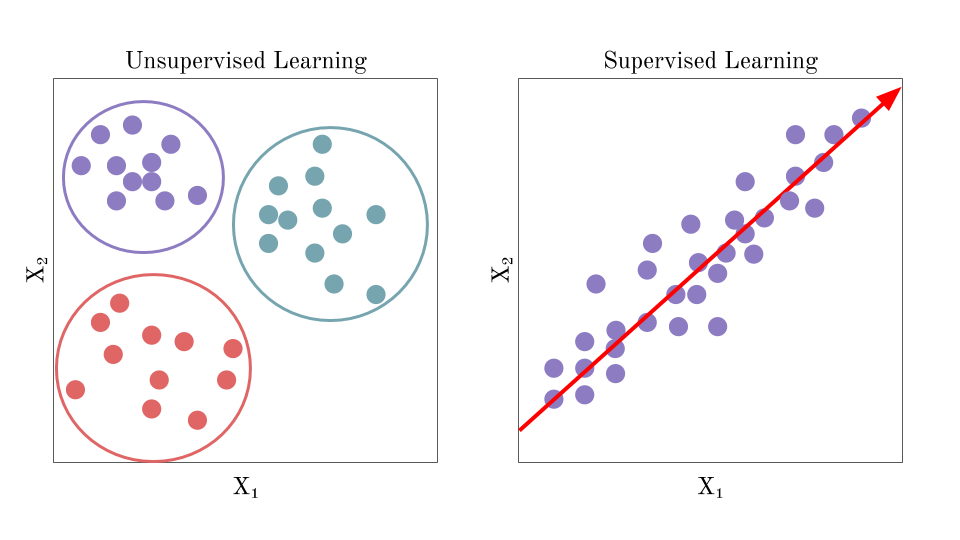What is Artificial intelligence (AI)? / How does AI work? / Current Applications of AI / Potential Applications of AI / Challenges and Concerns
Artificial Intelligence (AI) has been a topic of discussion for decades,
but in recent years, it has become one of the most promising technologies with
the potential to revolutionize the world. AI is a branch of computer science
that aims to create machines capable of performing tasks that typically require
human intelligence, such as learning, problem-solving, perception, and decision
making. In this article, we will explore what AI is, how it works, and its
current and potential applications.
What is Artificial Intelligence?
AI is the development of computer systems that can perform tasks that
would typically require human intelligence. AI systems can be programmed to
simulate the cognitive processes that humans use to learn, perceive, reason,
and make decisions. They can also learn from experience, adapt to new
situations, and improve their performance over time.
How does AI work?
AI works by using machine learning algorithms that analyze and learn
from data. Machine learning algorithms use statistical models to identify patterns
in data, and then use those patterns to make predictions or decisions. There
are three types of machine learning:
 |
1) Supervised Learning: In supervised learning, the algorithm is trained on labeled data, which means that the data is already classified or labeled. The algorithm learns to recognize patterns in the labeled data and can then classify new, unlabeled data.
2) Unsupervised Learning: In unsupervised
learning, the algorithm is trained on unlabeled data, which means that the data
is not classified or labeled. The algorithm learns to recognize patterns in the
data without any prior knowledge of the categories.
3) Reinforcement
Learning: In reinforcement learning, the algorithm learns through trial and
error. The algorithm receives feedback in the form of rewards or punishments
based on its actions, and it learns to maximize its rewards over time.
Current Applications of AI
AI is already being used in many different industries and applications,
including:
1) Healthcare: AI is being used to
analyze medical images and assist in diagnoses. It can also be used to develop
personalized treatment plans and predict the likelihood of patient readmission.
2) Finance: AI is being used to
detect fraud, automate financial analysis, and provide personalized investment
advice.
3) Retail: AI is being used to
personalize customer experiences, optimize inventory management, and analyze
customer data to inform marketing strategies.
4) Transportation: AI is being
used to optimize routes and schedules, reduce congestion, and improve safety.
5) Education: AI is being used to
personalize learning experiences and provide feedback to students and teachers.
Potential Applications of AI
The potential applications of AI are vast, and we are only scratching
the surface of what is possible. Here are a few potential applications of AI:
1) Climate Change:
AI could be used to develop more accurate climate models and predict the
effects of climate change.
2) Space Exploration:
AI could be used to automate spacecraft operations, analyze data from space
missions, and assist in the discovery of new planets.
3) Cybersecurity:
AI could be used to detect and prevent cyber attacks, analyze security logs,
and identify vulnerabilities in networks.
4) Agriculture:
AI could be used to optimize crop yields, detect and prevent disease in crops,
and reduce water usage.
Personalized Medicine: AI could be used
to develop personalized treatment plans based on a patient’s genetics, medical
history, and lifestyle.
Challenges and Concerns
While the potential benefits of AI are
significant, there are also several challenges and concerns that need to be
addressed. Here are a few:
1) Bias:
AI algorithms can reflect the biases of the data they are trained on, which can
lead to unfair or discriminatory outcomes.
2) Job Displacement:
AI has the potential to automate many jobs, which could lead to significant job
displacement and economic disruption.
3) Privacy: AI systems can collect and
analyze large amounts of personal data, which raises concerns about
privacy and the potential misuse of that data.
4) Security:
AI systems can also be vulnerable to attacks, and if they are compromised, they
can be used to carry out malicious activities.
5) Accountability:
As AI systems become more advanced and autonomous, it can become difficult to
hold individuals or organizations accountable for their actions.
6) Regulation:
There is a need for clear regulations and guidelines around the development and
use of AI to ensure that it is developed and used ethically and responsibly.
Conclusion
AI is a powerful technology with the
potential to revolutionize the world in many different ways. It is already
being used in many industries and applications, and the potential for future
applications is vast. However, there are also significant challenges and
concerns that need to be addressed, such as bias, job displacement, privacy,
security, accountability, and regulation. To ensure that AI is developed and
used in a responsible and ethical manner, it is important to have clear
regulations and guidelines, as well as ongoing research and development to
address these challenges. With careful planning and implementation, AI has the
potential to make our lives better, more efficient, and more sustainable.



Comments
Post a Comment
datapedia24@gmail.com